 Byron is the co-founder of and lead developer at Tangram, a full service creative agency with clients in South Africa, Australia and Europe. He is extremely passionate about development on both the web and iOS, has given talks and consulted on both and has been working in the industry for more than 10 years. He is a proud father and husband and is expecting his second child in the coming weeks.
Byron is the co-founder of and lead developer at Tangram, a full service creative agency with clients in South Africa, Australia and Europe. He is extremely passionate about development on both the web and iOS, has given talks and consulted on both and has been working in the industry for more than 10 years. He is a proud father and husband and is expecting his second child in the coming weeks.
Session: Optimizing WordPress on the frontend
Time: 14:25 – 14:50
Tell us more about how you became interested in WordPress, what about it drives your continued interest?
I started using WordPress years ago when it was still really just a blogging engine. I have always been interested in new technologies (which it was at the time) and I was interested in a system that would enable me to build websites, albeit simple, quicker, that used standard-driven methods and was constantly updated. That is still the case. Continued advancement of the software, the community that powers it and the massive resource available to developers is a massive draw card. Plus it puts dinner on the table for me.
Why did you decide to speak at WordCamp Cape Town?
I spoke at WordCampCT last year, and as my first official public speaking engagement, I found I enjoyed passing information to a hungry crowd, and answering questions that helps the community. When the call came for speakers at this years event it was a no brainer.
What is your talk going to be about?
Optimizing WordPress to speed up load times on the front-end.
What is the one thing you want people to walk away with from your talk?
That optimizing your site is important, but it is something that can be done with relative ease, if you know where to look and what to do. That’s what I aim to do.
What is your favourite WordPress theme and/or plugin, and why?
If you were at my talk last year, you would know that I am not a big fan of plugins, but there are a few that are installed on every site that we build, those include Gravity Forms, WooCommerce if there is a need for eCommerce, and lately the WooDojo plugin. Depending on the site in question, a custom version of the WP-Minify plugin is also added. Theme wise, we tend to stick with WooThemes Canvas as a base theme and then using child themes and a custom framework that sits on top of the WooFramework.
Can you share one WP tip with us?
Read the documentation. You’d be surprised how often I come across something that has been implemented into a WordPress site that could have been done easier and natively using what WordPress already has in its arsenal of tools/methods etc.
What are you most looking forward to at WordCamp Cape Town 2012?
The community, the talks and getting to spend a day helping others use a platform that I am extremely passionate about.
Do you make money from WordPress?
It’s a major part of our company’s income stream, either on actual client development, plugin development, modules for existing plugins such as WooCommerce, or consultancy/outsource development to other companies.
Is WordPress an effective platform for getting your message across?
Without a doubt.
You’ve recently co-founded Tangram. Do you mind telling us a bit more about it? Does WordPress form a part of your business?
Tangram is a small, full service creative agency. We opened our doors in September ’11 and provide a range of brand and development services to our clients, other agencies and charities. Our main development services are SaaS for clients, iOS development and eCommerce development. WordPress is a major part of our business. All of our sites (from simple sites to the more advanced custom built sites) are all powered by WordPress.
Are there any projects that you have recently been involved in that have gotten you excited?
Two of the biggest things that are driving me at the moment is working on extending the WordPress XML-RPC API (which is way behind on what is readily available in WordPress and other API’s) and speed optimization for WordPress on the front-end. I found that working on some of our bigger projects that required use of external libraries and the like start to put strain on load speeds. Couple that with clients wanting bells and whistles, and you find that you are loading 10+ JavaScript files, external font files, etc. For the common shared hosting environment it’s not ideal.
We are currently working on a framework (not a plugin) that can be dropped into any WordPress theme folder and with one simple line of code will optimize your entire site. Obviously there is more to it than that, but you’ll need to wait and see.
















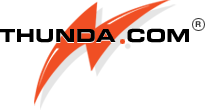
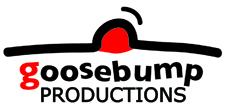







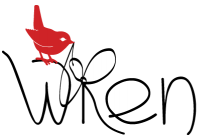




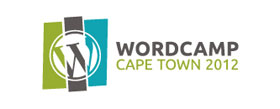
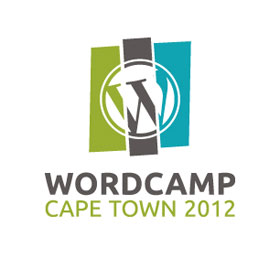
Looking forward to listening to your talk again this year dude!